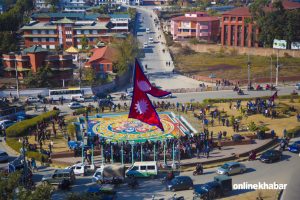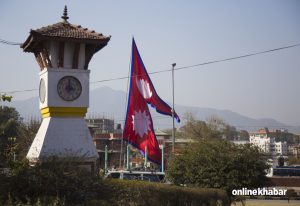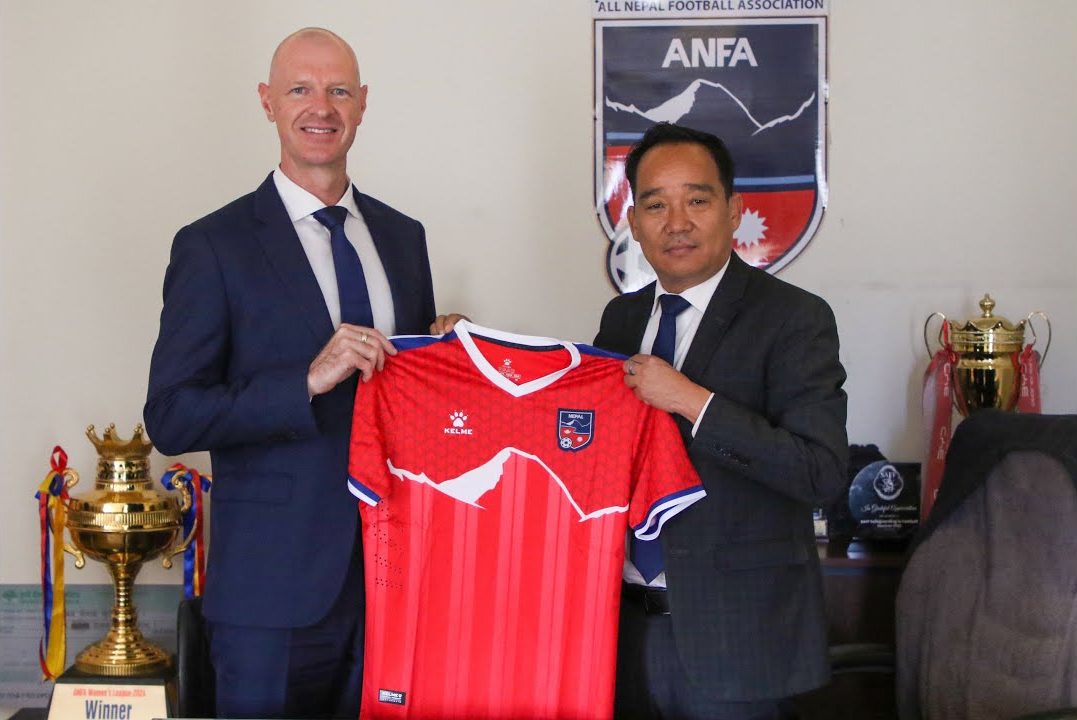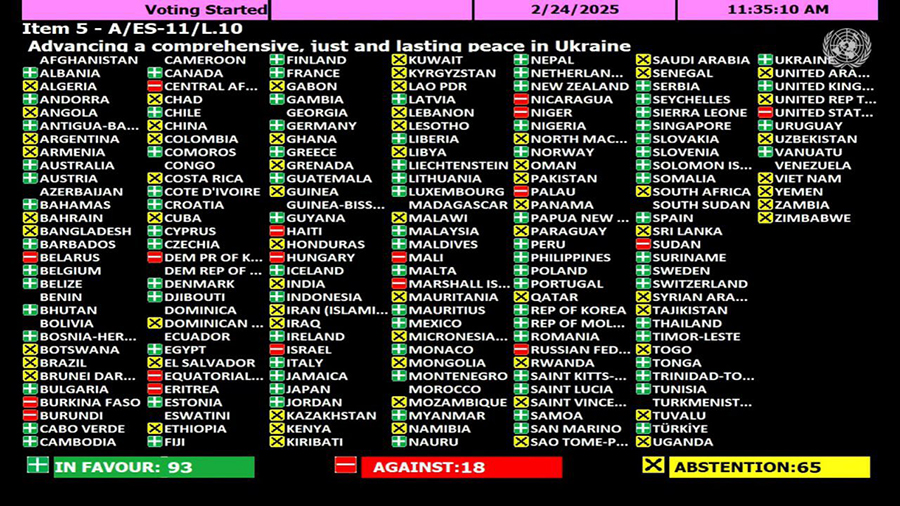
The 2022 Report on International Religious Freedom, published by the US Department of State, has garnered significant attention in the media. This influential report, released annually since 1999, has identified 17 countries as countries of particular concern (CPC).
The report on religious freedom issued by the US government this year faced opposition from India and China, with both countries criticising the report and labelling it as biased. India’s External Affairs Ministry and China’s authorities have voiced their concerns regarding the report’s objectivity.
Nepal’s Prime Minister Pushpa Kamal Dahal has said that the government of Nepal has also already sent a diplomatic note to the United States expressing its disagreement with the content mentioned about Nepal. So, what does the American report on religious freedom consist of that is significant in Nepal’s context? Is it biased?
Hard on Hindus, soft on Christians
The recently released report on religious freedom by the US State Department has been subject to scrutiny due to allegations of bias regarding its portrayal of religious freedom in Nepal. Critics argue that the report primarily relies on media reports, giving undue emphasis to the concerns of the Christian community while potentially overlooking the broader religious landscape in the country.
The report highlights instances where religious freedom has allegedly been curtailed in Nepal, focusing specifically on the Christian minority. It underscores the constitutional definition of secularism in Nepal, which is interpreted as safeguarding customs and traditions from the past. However, critics argue that this portrayal may not fully capture the complexities of religious dynamics and the experiences of other religious groups in the country.
One area of contention revolves around the mention of the Rastriya Prajatantra Party’s agenda, which seeks to establish Nepal as a Hindu nation and potentially revive a monarchy. While Christians have expressed concern over this agenda, it is important to contextualise these concerns within the broader religious fabric of Nepal.
It is crucial to approach the report on religious freedom with a critical lens, recognising that media reports may not provide a comprehensive understanding of religious freedom issues in Nepal. By acknowledging the diverse religious landscape and taking into account the perspectives of various religious communities, a more balanced assessment can be made.
Furthermore, the report on religious freedom claims that Nepali political leaders receive financial support from Indian political parties, specifically the BJP. However, it is important to note that the report does not provide any concrete data or evidence to substantiate this conclusion. Without verifiable information, it is challenging to draw definitive conclusions regarding such claims. It is crucial to approach such allegations with caution and ensure the availability of credible evidence before making any judgments.
Silence about the increased activities of Christians

The report on religious freedom appears to have overlooked the increased activities of Christians in Nepal, as reported by the BBC. This omission may raise questions about the report’s comprehensiveness and balance in presenting the religious landscape in Nepal.
While it is important to include diverse perspectives, such as those from civil society members and media reports, in assessing religious freedom, it is equally crucial to ensure a comprehensive and unbiased representation of the situation on the ground. The focus of the report on religious freedom on highlighting the plight of Christians and their perceived persecution, while neglecting the views of Nepali Buddhist followers, could be seen as presenting a biased perspective.
An organisation called Global Mission Nepal, with its goal of “one village and one church” in Nepal by 2030, was not captured within the context of the report. These news stories shed light on the activities of missionaries and highlight concerns that their activities may be contributing to the weakening of Nepal’s ancient traditions and culture.
Why lecture others?

The United States often assumes a dominant role in determining what is considered right or wrong globally. However, a closer examination of historical instances reveals the US undermining human rights issues. This has been once again proved by the recent report on religious freedom.
Countries like the United Kingdom, where the monarchy is viewed as the protector of the Christian religion, and the United States, where presidents take oaths while touching the Bible, may lack the moral authority to lecture other nations on freedom of religion. Moreover, certain Western countries have been selective in accepting refugees, granting preferential treatment to individuals from Ukraine based on their Christian faith and ethnicity, which raises questions about the intentions of the West.
Additionally, there have been instances during the Covid pandemic when certain Western nations have been accused of humiliating Asians, as reported by various media outlets.
The prevalence of gun violence in American elementary schools raises questions about the country’s commitment to upholding human rights. The tragic loss of life, particularly among innocent children, poses a significant threat to fundamental human rights. In particular, the rights to life, health, education, and peaceful assembly are being violated within the United States. As the nation seeks to advocate for human rights internationally, it is imperative to address these pressing concerns at home before engaging in global discourses such as the report on religious freedom.
It is true that historical actions and policies of certain countries may have raised questions about their commitment to human rights and religious freedom. However, it is important to approach these discussions with nuance and consider the diversity of perspectives within any given country.
So what next?
The report on religious freedom highlights concerns regarding the alleged meetings between diplomats and Tibetan refugees without proper communication with the Ministry of Foreign Affairs of Nepal. This raises questions about the misuse of diplomatic privileges and the need for the ministry to assert its position in such matters.
Nepal has a history of holding Indian and Chinese leaders accountable for their remarks in the past and demanding apologies when necessary. If Nepal does not take a firm stand in this situation, it may signal a perceived weakness in its foreign affairs and a deviation from its past stance on asserting its sovereignty and diplomatic rights.
























